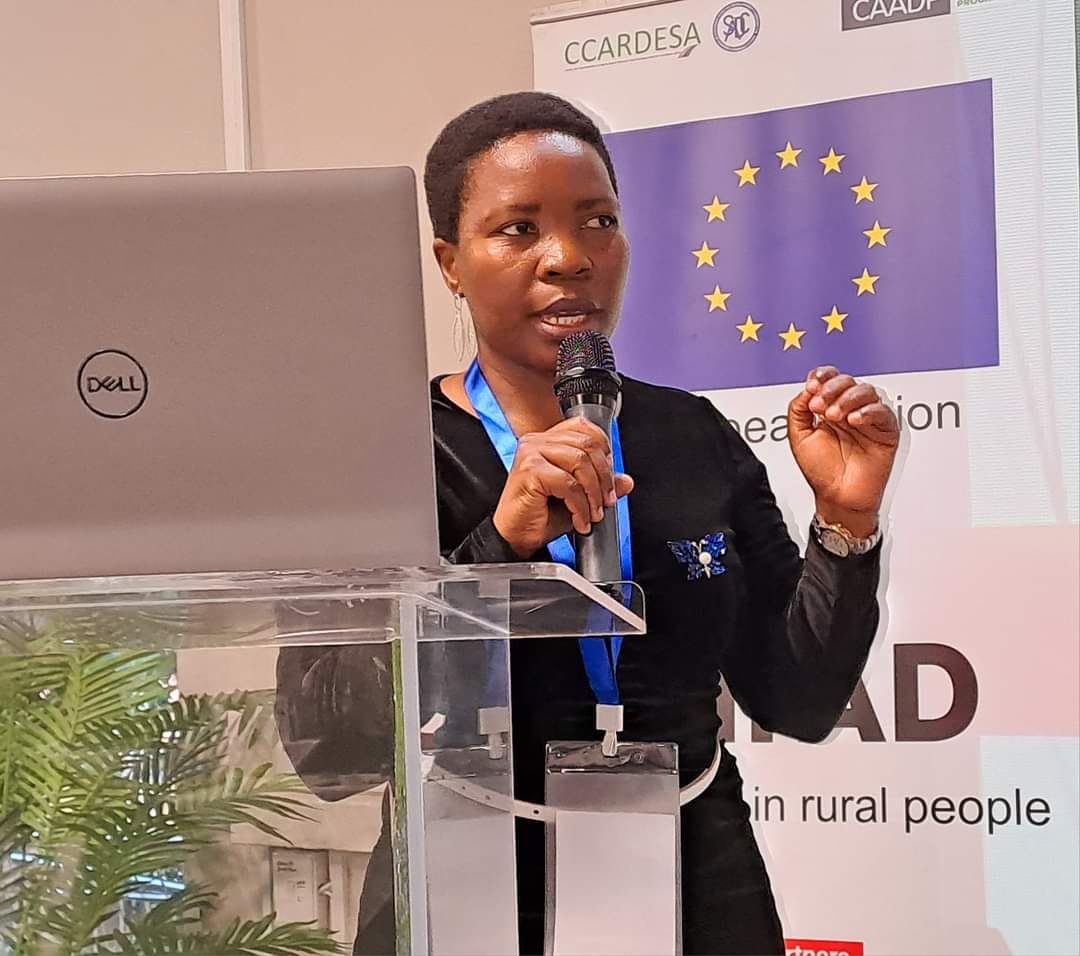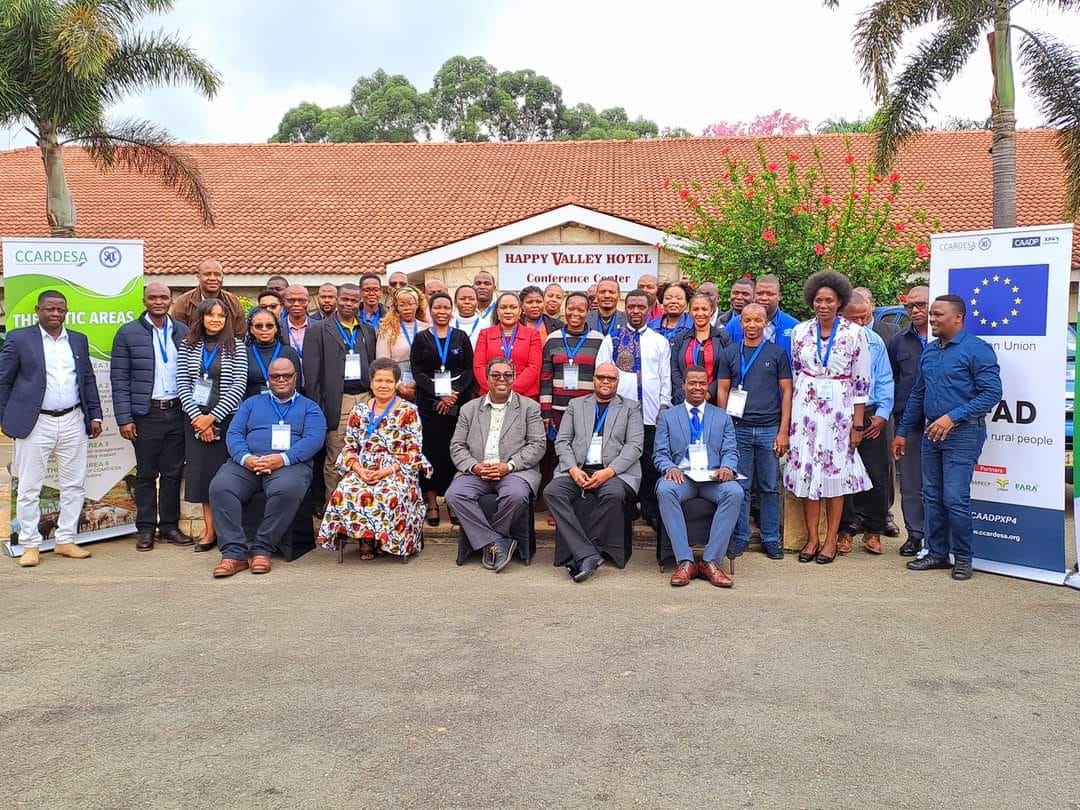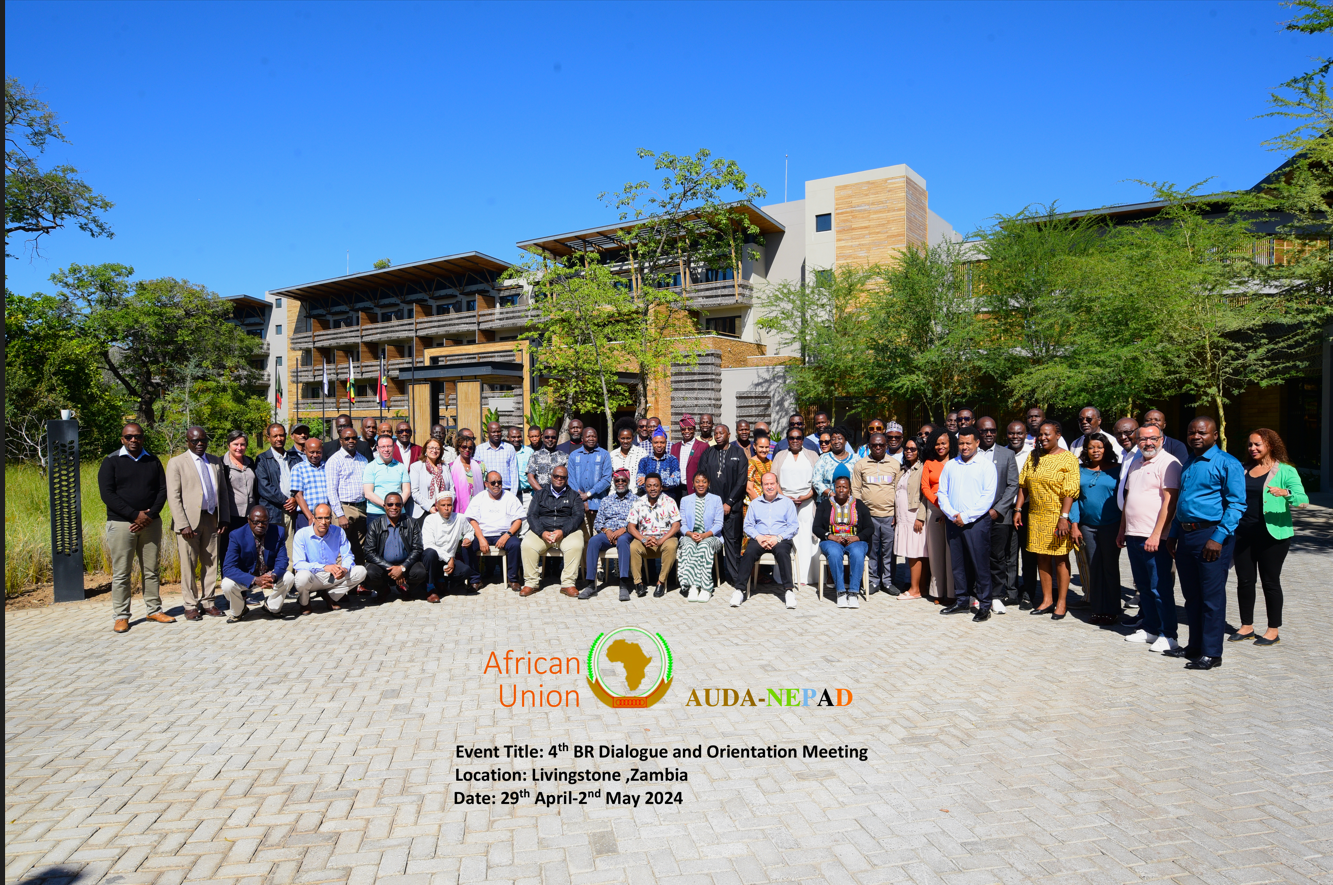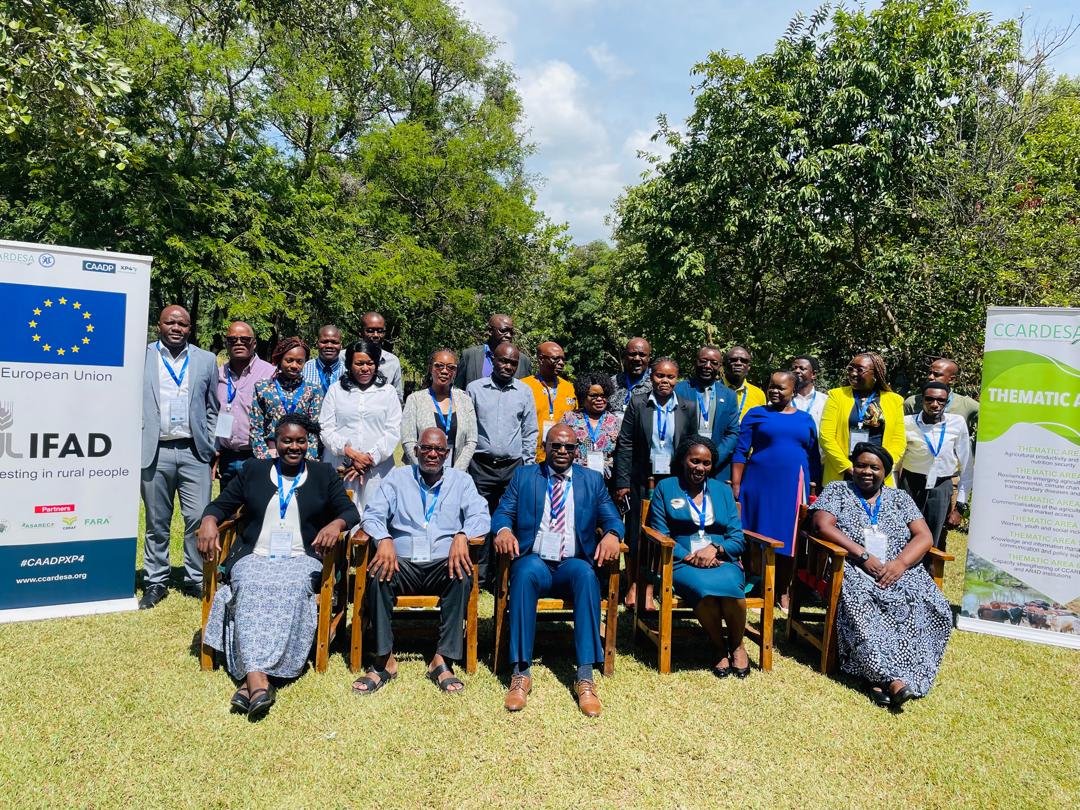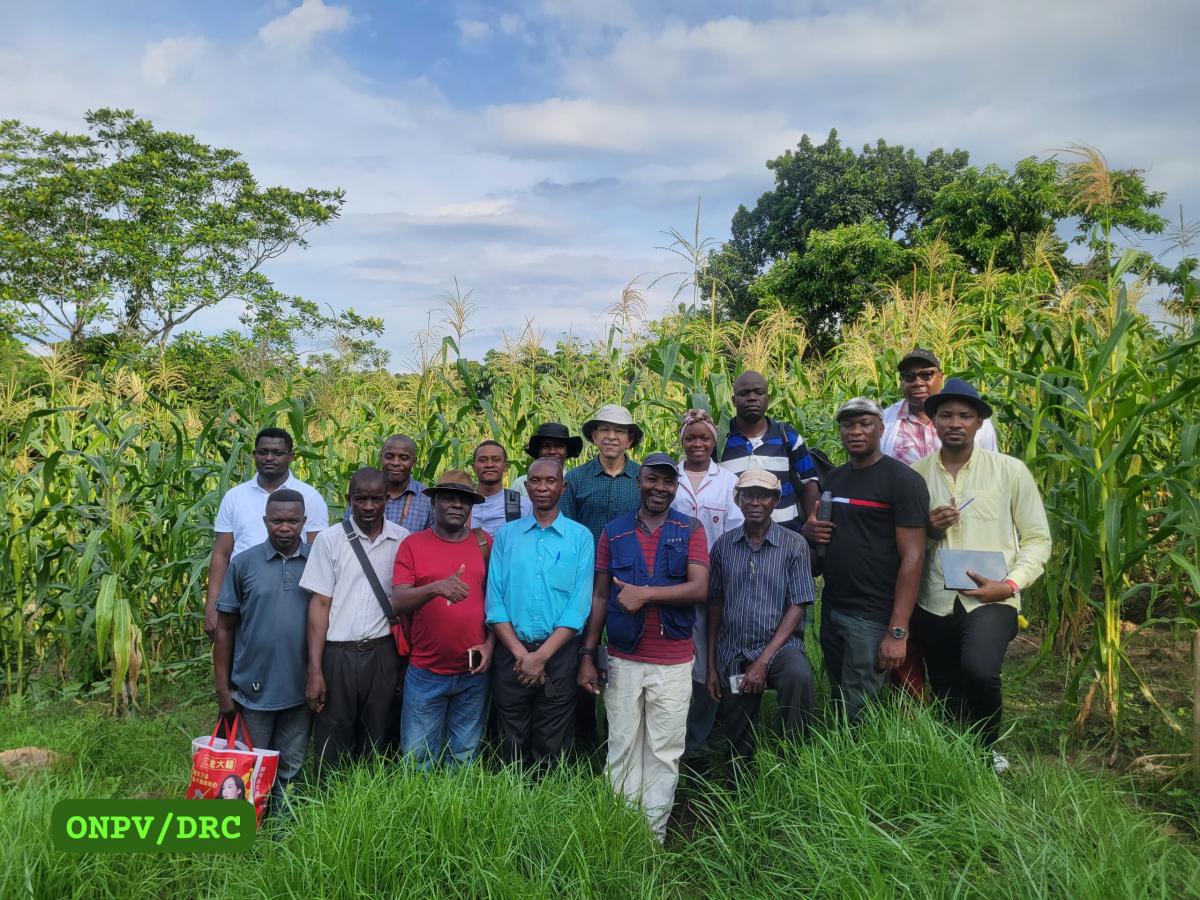Farmers benefit from improved rice varieties in Malawi
This resource is an APPSA success story of introducing high yielding rice varieties in Malawi. As part of efforts to improve rice production and increase export volumes, the Agricultural Productivity Programme for Southern Africa (APPSA) introduced
three high yielding rice varieties with a yield potential of up to 6.5 T ha-1. These are Kayanjamalo (6.5 T ha-1), Katete (6.0 T ha-1) and Mpatsa (5.8 T ha-1). These varieties were released in 2014 under the Department of Agricultural Research Services (DARS) in the Ministry of Agriculture, Irrigation and Water Development. Since the release of the varieties, APPSA has been promoting these three varieties in Nkhotakota, Salima and Zomba districts targeting smallholder rice farmers. With desirable traits such as high yields and short height, the varieties gained popularity among the farming communities and within three years the number of adopters increased by more than 80%.
Rice
Variety
Smallholder
Farmer
Scaling-up
Mzengeza, T. 2016. Farmers benefit from improved rice varieties in Malawi, Chitedze Research Station, Malawi






